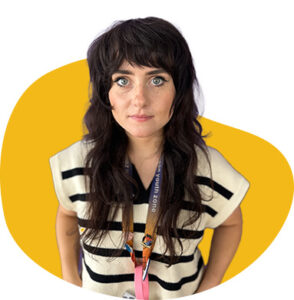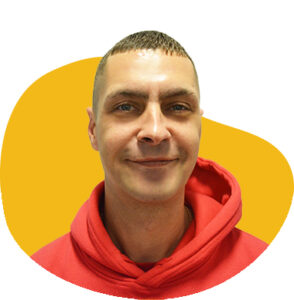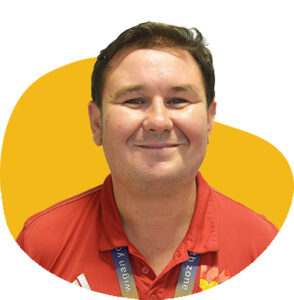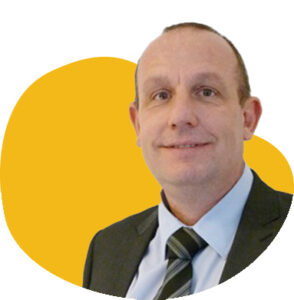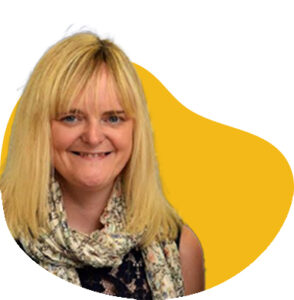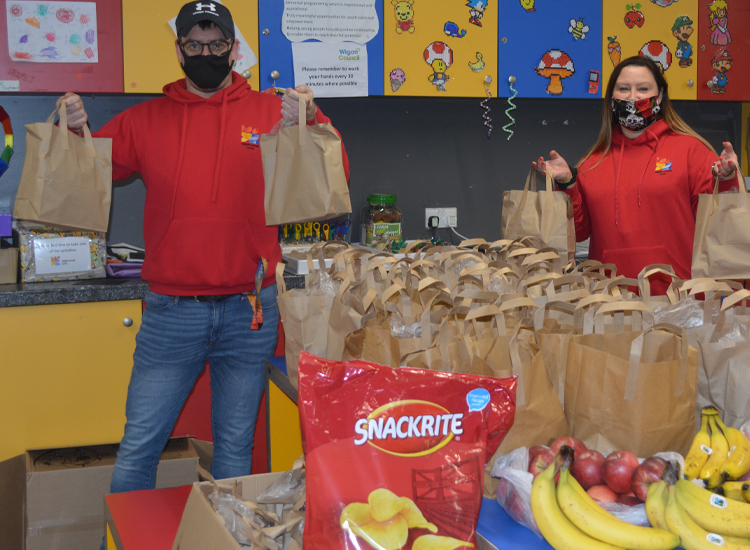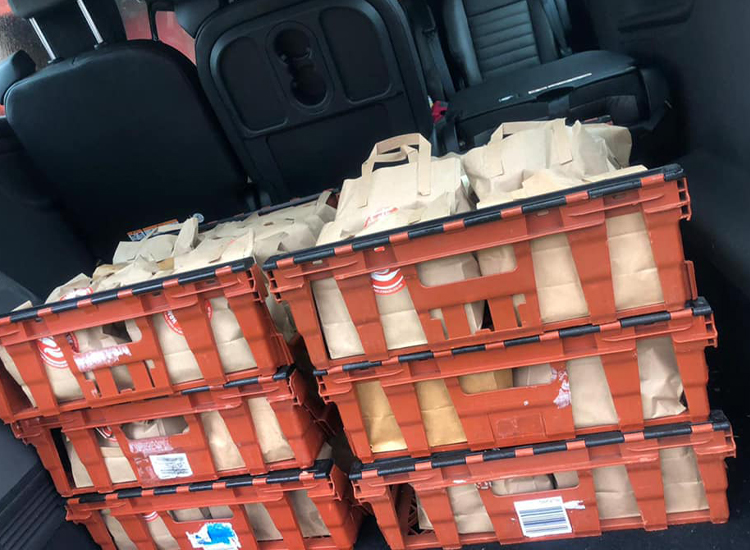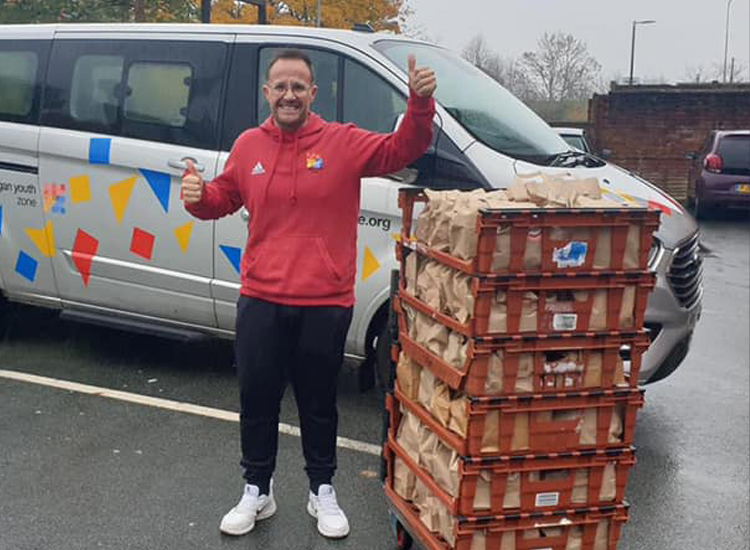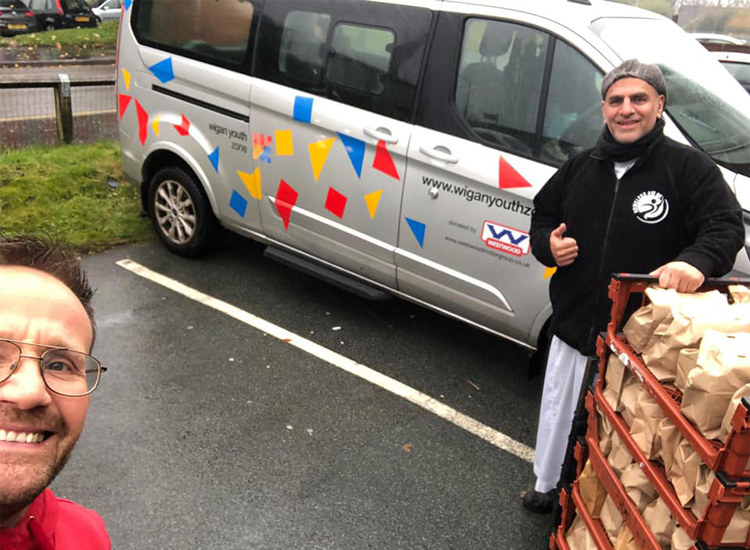Youth Work Changed My Life
I often wonder how I am perceived when people meet and interact with me – do they see my background, my experience, my religion, my job title, an aspect of my personality, or focus on something completely different? Ultimately, we all make judgments about who we think people are or what we think they stand for, but the reality is that we only see the tip of the iceberg. There are so many unknowns, such as the journey of life to date.
It may surprise you to know that as a young person, I found aspects of life hard – despite coming from a very comfortable and loving household. I felt like all the other kids were given the manual on how to live life with ease, but I had lost mine. I found it hard to fit in; I felt fearful that I would make a mistake when I spoke and that people would laugh, and I felt very self-conscious. Ultimately, I wanted to be liked, and this became my barometer of success.
Unfortunately, school was not the place that brought out the best in me, so I count myself very lucky to have found a youth group that I attended each week. There, I found youth workers – role models – who helped me believe in myself and, in doing so, gave me a sense of belonging that helped me become more confident. I spent 15 years in that youth group as a participant, volunteer leader, and then sabbatical worker (and now co-chair of trustees), and it was one of the most important aspects of my personal and professional development – it set me on a path that I have followed ever since.
Put simply, youth work changed my life.
Providing meaningful opportunities for young people to engage in social settings with the guidance of youth workers seems more urgent and important than ever before as the latest OnSide Generation Isolation Report indicates. The report highlights that three-quarters (76%) of young people spend most of their spare time at home and in front of a screen. Whilst this is not a bad thing, in of itself, it is worth highlighting that whilst 53% of young people say social media and the internet make friendships easier, almost half (49%) report negative online experiences, from being kicked out of group chats to ghosting, leaving many anxious, less confident, and less trusting. Additionally, almost four in ten (39%) young people have turned to AI chatbots for support, advice or company, with 55% of this group doing so for input on mental health, friendships, how to do things and style advice.
Yet, whilst young people are living digitally dominated lives, the reality is that many would prefer not to be. The findings suggest that while digital friendships can be easier and quicker, it is real life where deeper, more meaningful connections are built. When asked what would most improve their lives, young people put affordable leisure activities, safe social spaces, and in-person events at the top of the list. Youth centres provide exactly this: safe, in-person environments where friendships can flourish, young people can find trusted guidance, and opportunities are offered that meet their most important needs.
Over the past couple of months, we have seen how real-world opportunities are both sought after and making a difference in the lives of young people. For instance, in September, a group of 15 young people represented Wigan Youth Zone at the President’s Cup – an inter-Youth Zone competition against young people from around the country – which fostered a sense of belonging, pride, and confidence in their abilities. The team performed very well, taking home the tag rugby and climbing trophies and finishing 5th overall. In October, we arranged a careers fair (Building Connections) for 16–25-year-olds to meet with prospective employers to help them navigate their potential next steps – our hope was to engage around 200 young people on the day, and we were blown away when over 550 young people attended. At the end of October, we also set up our annual Halloween scare maze, which was the biggest Halloween event for years, with over 270 young people in attendance. But it is not all about events – for example, we were recently surprised by our members at Leigh Youth Hub, who told us that they did not want to go to a Stranger Things event as they didn’t want to miss a night of being with their youth workers and friends.
Whilst these snippets of our recent engagement are all different in nature, they have a common thread: they involve young people connecting with each other to support their own growth and development – whether that is joining a team, identifying a future career, or having fun and socialising in a safe and welcoming environment. Wigan Youth Zone provides a space for all these things and more, whilst also providing connections with trusted adults, which is so important as the research shows us that 4 in 10 young people (43%) do not have a trusted adult in their life outside of family.
But despite the clear advantages of attending a youth centre (92% who attend one say it has made a positive difference in their lives), 88% of young people do not currently attend a youth centre, which makes our work ever more important for the young people in our borough. Trusted support and real-life interactions matter. Whether young people are coming to us from the most affluent (10%) or deprived (45%) parts of the entire country – they are all benefiting from youth work, as I did.
Being seen is important.
Being seen is essential.
The power of youth work should not be underestimated, and it is a great privilege to lead this charity along with our fabulous trustee, staff, and volunteer team – because by doing so, we know that we are making a difference in the lives of thousands of young people.
To read the full Generation Isolation report visit: www.onsideyouthzones.org/generationisolation
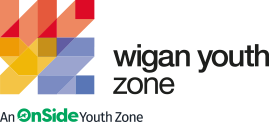

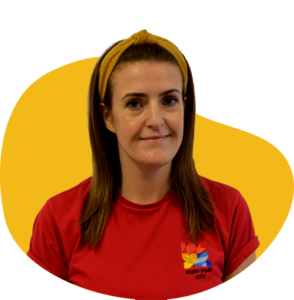
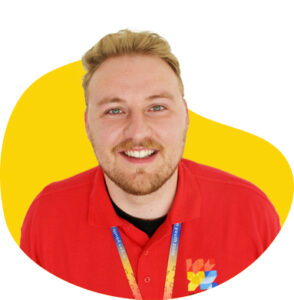



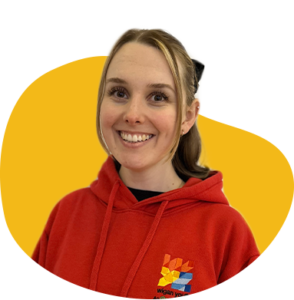 Hannah has a passion for youth work and creating safe spaces for young people to express
Hannah has a passion for youth work and creating safe spaces for young people to express 
